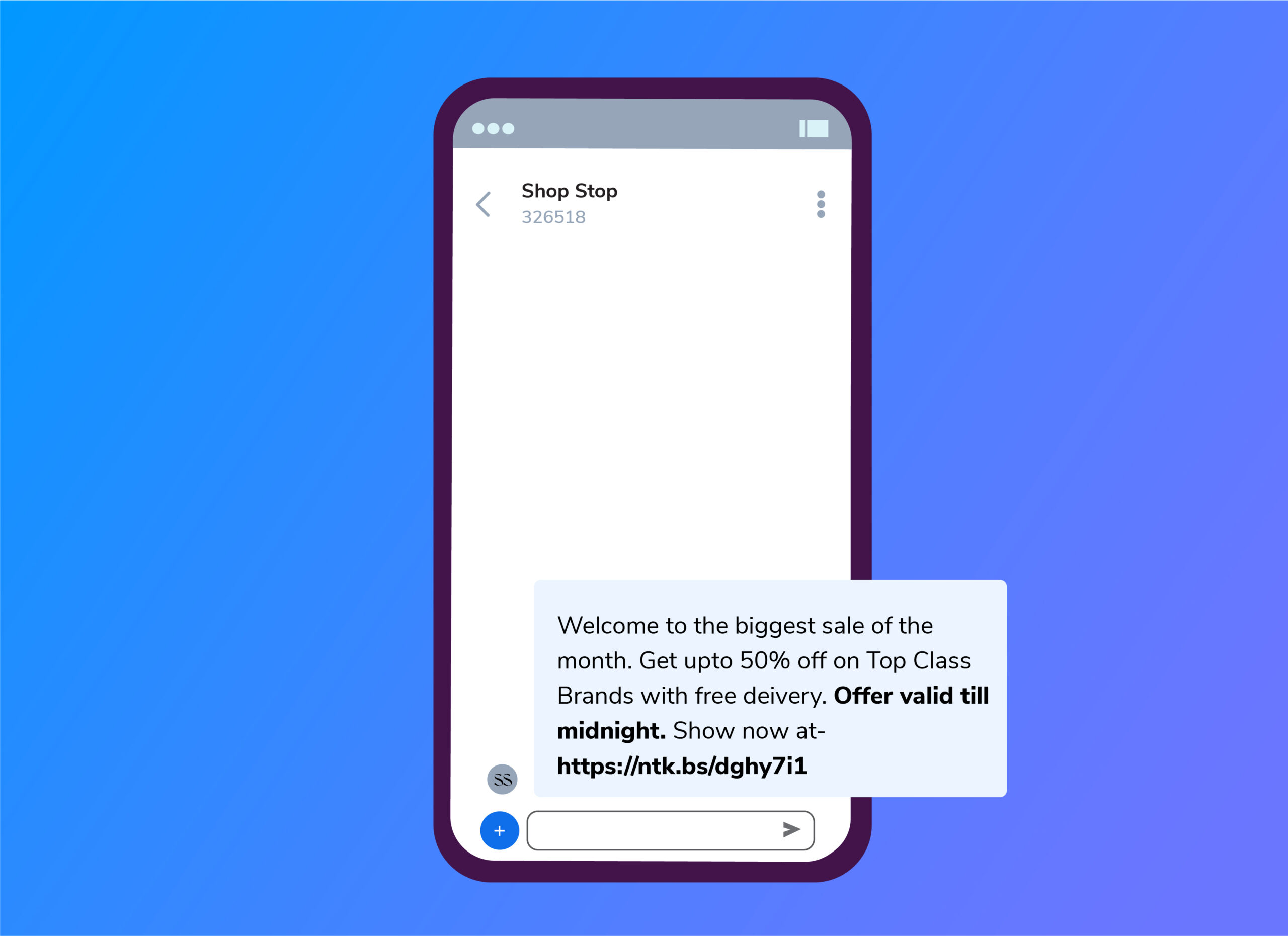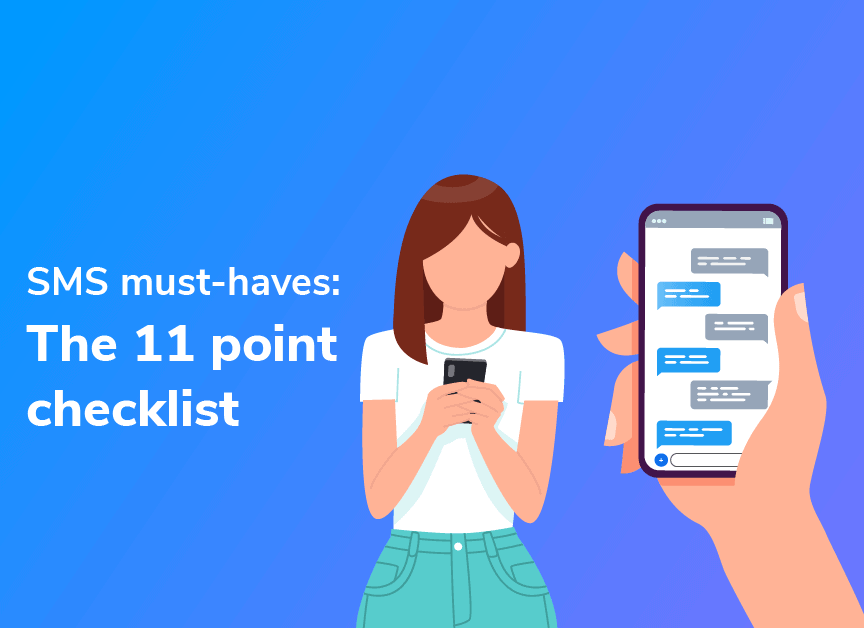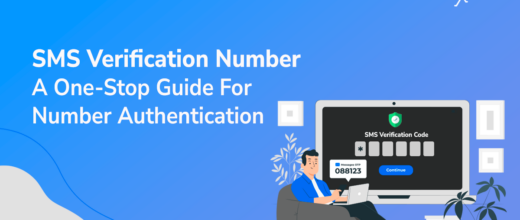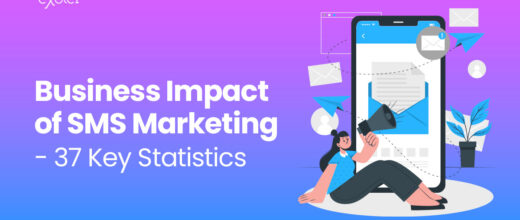“SMS remains an effective yet underutilised mobile tactic among marketing leaders,” says Charles Golvin, Senior Director Analyst at Gartner. Despite its massive reach and high open rates, 61% of mobile marketers don’t use SMS for marketing campaigns (Source: Gartner). ‘Even those who do, fail to utilise them the right way’, finds Forrester.
From our experience of hosting some of the most successful SMS campaigns and sending lakhs of transactional messages daily, we have curated an 11-point checklist for sending effective SMSes.
SMS Campaign Checklist
Below is everything you need to keep in mind before launching your SMS campaign. We have kept it comprehensive, bringing together points across data, messaging, technology and more. Some of these factors may be entirely in your control, while others might need a robust provider or SMS Gateway API. Either way, these points contribute to ensuring your SMSes are effective.
Build a strong technology foundation
The right tech and SMS provider can be the difference between the success and failure of your campaigns. Here are things to keep in mind while picking your technology partner.
1. Choose a robust SMS Gateway API
An SMS Gateway API is a software interface that helps you integrate SMS into existing software, website, third-party application, mobile app or CRM. Through an SMS Gateway API, you can programmatically send SMSes, ensuring your communications operations are efficient, automated and error-free. It also gives advanced SMS analytics to measure ROI.
Essentially, an SMS Gateway API offers a robust technological foundation to send effective SMSes. Therefore, choose the right SMS API and leverage it to maximum potential.
2. Activate analytics for all your SMS campaigns
How do you know that your campaigns are effective? With SMS analytics, of course. Choose a provider who gives visibility into granular details such as delivery rate, open rates, response rate, click-through rate, latency, delivery failures/reasons and more. Then, regularly evaluate these metrics and optimise campaigns based on insights.

3. Stay compliant
Regulatory authorities are becoming increasingly strict about spam and customer communication. For your SMSes to be effective, they must comply with local and national laws. Some important rules to keep in mind are:
- Follow limits for messaging rates, kinds of messages etc.
- Register message templates with relevant authorities
- Proactively allow customers to unsubscribe/opt-out as needed
- Ensure you only send messages during the prescribed hours
- Do not send promotional messages through channels for transactional communications
- Use approved sender IDs
There are also compliance rules around sending/scheduling messages, which your SMS provider is responsible for. So, while choosing a provider, make sure they are also compliant.
Reflect your brand in your SMSes
Every communication contributes to how your customer perceives your brand. So, make sure that your SMSes reflect you.
4. Enable a sender ID that reflects your brand
A sender ID allows you to mask your number with your brand name. So instead of a 10-digit number, your customers will see your brand as the sender ID when receiving your SMS. This allows them to instantly recognise you, making them more likely to open, read, and engage with your messages.
Choose a sender ID carefully. If you don’t get your exact brand name as a sender ID, choose something closest and recognisable.
5. Regularly scrub your database
Customers change numbers, activate DND, lose interest in your product or want to unsubscribe — a lot can change over time. Therefore, for your SMS campaigns to be effective, you must communicate with the right audience.
So, regularly scrub your database, and eliminate those in the ‘do not call ‘ lists or who have previously unsubscribed. It also helps remove those who have not interacted with your messages in a long time.
6. Always allow them to opt-out
When customers can’t opt out, they are likely to block you. This can be detrimental to your brand and the credibility of your SMS number in general. So, always allow them an easy and instant way to opt-out of your SMSes.
The simplest way is for customers to reply with the word ‘STOP’. Good SMS providers will allow you to automate this process. Enable the reply functionality on your SMS campaigns for this to work.
Nail the message
At the end of the day, an effective SMS campaign is only as good as your message. So here are some tips to make your texts great.
7. Keep your messages short and simple
A standard SMS is 160 characters long and can include alphabets, numbers, special characters, and even emojis. If your message exceeds the 160-character limit, it will be delivered in parts but appear as a long message to your recipient. This doesn’t make for a great experience for the reader.
To be effective, keep your message short and to the point.
8. Use powerful language
Customers don’t have the time to read elaborate messages. They barely spend a second or two reading SMSes. So, make that time count. Use powerful language.
- Start your message with attention-grabbing phrases like “Big Summer Sale” or “Your favourite shoes are back in stock”
- End it with a simple call-to-action like visiting your website, downloading an app, using a coupon code, calling back for details etc.
- If you need them to visit a website/app, include a URL for easy access.
- Try action words before the call-to-action like ‘rush’, ‘hurry’, ‘subscribe now’ etc.
- Personalise using the customer’s name in the message when you can
- Use punctuation and emojis to your advantage.
9. Personalise as much as you can
Your customer can be anyone from a 60-year-old man to a 15-year-old girl. So a one-size-fits-all message is not going to cut it. Instead, segment your customer database according to demographics, interests, past interactions with your brand etc. Then, based on what you know about your customer, send them personalised messages that are relevant and actionable.
10. Offer value
No one likes a useless SMS. For your SMS campaigns to be effective, they must offer some value to the customer. Whether you are sharing information on an upcoming sale, sending the delivery status of a package, or offering a discount code, each text you send should improve your customers’ lives, even in a small way.
Before designing an SMS campaign, ask yourself: What value does this add to the customer’s life?

11. Time it right
There is always a good time for everything — SMSes too. For example, a reminder message for an in-person appointment needs to be sent in advance to let the customer plan. An announcement about a sale needs to be sent in time so the customer can click on the link and log in immediately.
While sending SMS campaigns, pick the time wisely. Avoid the last-minute rush by scheduling your messages in advance. Send follow-ups as necessary.
Summing it up
For SMS campaigns to be effective, you need various factors to come together across technology, brand strategy, messaging and more. At Exotel, we take care of your technology foundation. Our platform has a robust SMS API, state-of-the-art security features, in-built automation capabilities and advanced analytics dashboards.
To see how to make your SMS campaigns effective, speak to an Exotel expert or book a demo today.




